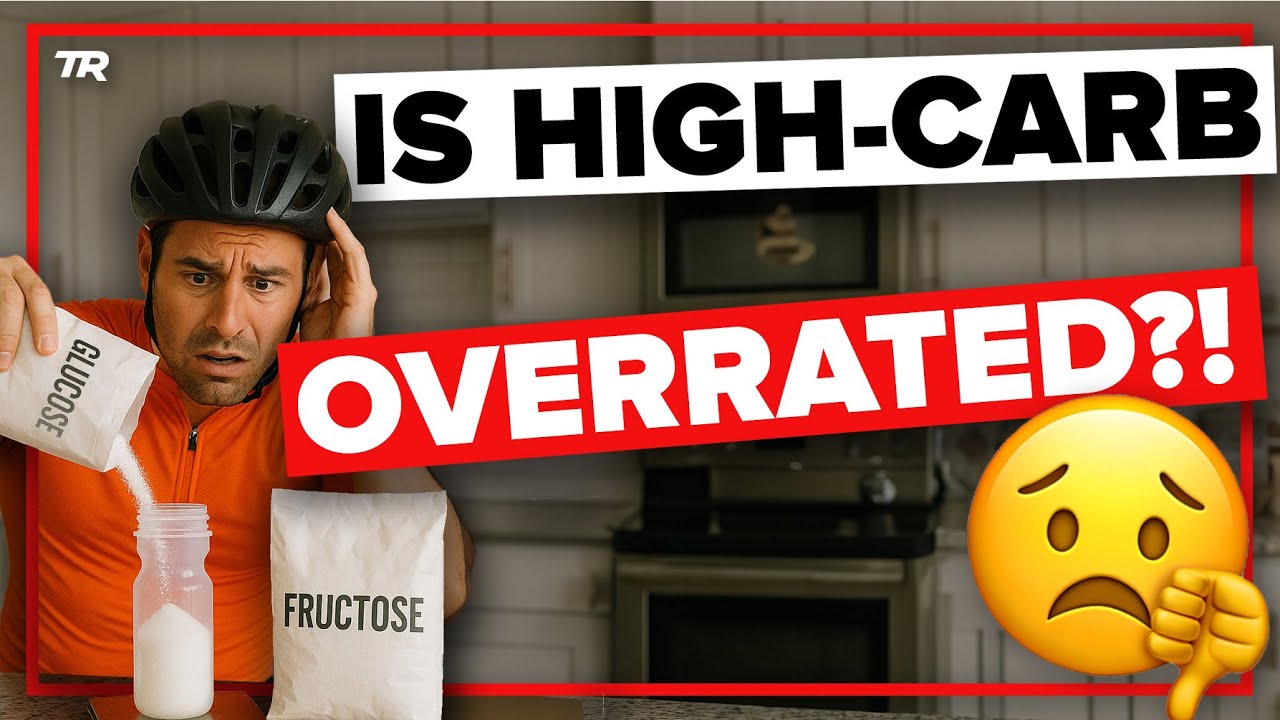Summary
Keto diets or chronically low carbohydrate diets are not beneficial to performance according to the current body of peer-reviewed research.
A periodized low carb approach can be favorable for performance, body composition goals, and general health. Implementing a periodized low carb approach is most practically done by increasing carbohydrate intake from whole grains, fruits, and vegetables in the two meals prior to high demand training, fueling with adequate amounts of carbohydrate on the bike (60, 90, 120g/hr depending on the athlete), consuming a recovery drink with a 4:1 ratio immediately post-exercise, and then reducing carbohydrate levels thereafter.
When adjusting carbohydrate levels in this periodized low carb approach, your protein and fat goals stay the same. Shoot for 1.8-2.2g/kg of body weight for protein, and 1.4-1.6g/kg of body weight for fat.
A low carb meal may contain as little as 40g of carbohydrate for some athletes, while it may be higher for others.
Intermittent fasting has proven health benefits for the general population and could benefit some athletes as well, but it should be considered as a final modifying piece to an already optimized and solid platform of nutrition and training, not as a replacement for it. Intermittent fasting and fasted training can pose significant risks to nourishment, training, and health if done incorrectly.
Coach Jonathan’s Note:
Great to have Dr. Pfaffenbach address a listener question on low-carb training! We do a brief overview of the research, then Kyle goes full magic school bus and gives as an extremely practical and in-depth explanation of carbohydrate and fat metabolism before getting into how he personally leverages periodized carbohydrate fueling with his athletes. Hope you find it helpful!
// TOPICS COVERED
(00:00:00) Welcome!
(00:00:32) Listener Question on Low Carb Diets and High-Intensity Training
(00:02:41) Host’s Personal Experience with Low Carb and Keto Diets
(00:03:29) Research and Studies on Low Carb and Keto Diets
(00:05:13) Mechanisms of Fat Oxidation and Performance
(00:09:30) Deep Dive into Carbohydrate and Fat Metabolism
(00:31:29) Practical Applications for Athletes
(00:40:39) Understanding Body Composition and Success
(00:42:17) Glycogen Storage and Technology
(00:46:01) Periodized Carbohydrate Intake
(00:51:24) Balancing Nutrition and Training
(00:59:59) Fasted Training and Marginal Gains
